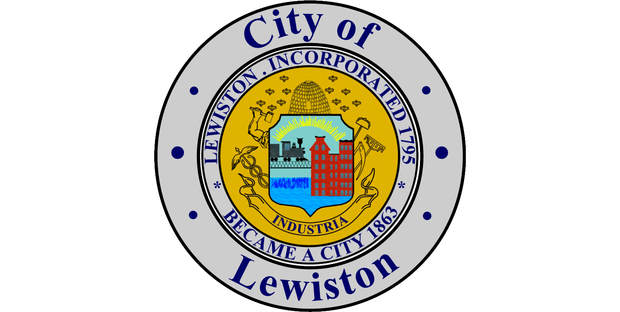LEWISTON — Landlords did not waste any time speaking out against a proposed rental registration program in Lewiston on Tuesday night.
The program, which would require multi-unit property owners to pay a fee for each unit they own to boost city code enforcement efforts, received mixed reviews from the City Council and members of the public.
During the City Council’s first workshop on the proposal Tuesday, some landlords said the program amounts to a new tax that unfairly impacts responsible property owners.
“People have no idea what landlords go through just to make a penny,” said landlord Chris Aceto. “This is just another (example of) sticking it to landlords.”
“We’re getting hit every time we turn around,” landlord Rick Lachappelle said. “I’m trying to make ends meet.”
Rental registry programs have been utilized in many major cities, and Portland was the first to do so in Maine in 2014.
Gil Arsenault, Lewiston’s director of Planning and Code Enforcement, said simply put, the program is a means by which a community can raise revenue to pay for inspection services of rental housing.
Lewiston’s comprehensive plan, known as Legacy Lewiston, also calls for such a program, stating that it’s a “tool for identifying and remedying dangerous code violations in rental properties.”
Landlords would pay the annual per-unit fee and submit contact information for a city database in case of emergency.
The Lewiston Area Public Health Committee, which supports the program, worked with city staff to come up with a framework.
The program pitched Tuesday recommended that buildings with three rental units or more pay the fee, including mixed-use commercial and residential buildings.
Arsenault said that would equal about 7,000 units in 1,100 buildings, and that a $36 fee for each unit would take in about $256,000, funding 2 1/2 new code positions.
The workshop Tuesday was meant to gauge council support for the program, but City Administrator Ed Barrett said because of the mixed reaction, the city may take a step back to identify the goals of the program and re-evaluate.
Arsenault had previously said that another workshop was tentatively scheduled for September, with a possible first reading in October.
At the meeting, many pointed to Portland, where the system established after a deadly fire has experienced “growing pains,” including a lack of consequences that led to fewer landlords registering rental units.
Those speaking in favor Tuesday said similar life-threatening fires in Lewiston in 2013 also highlighted the need for more accountability from landlords.
Melissa Dunn, a community organizer who formerly worked with the Neighborhood Housing League, said when the fires occurred, a rental registration program would have allowed fire officials to contact the building owners more quickly.
“Even reputable landlords pay the price for bad landlords,”she said, adding that tenants and good landlords need to work together on the issue, not be divided.
Arsenault said he and other staff spoke to officials in Portland as well as Manchester, New Hampshire, to see what has worked.
“If you’re a good landlord, it doesn’t help you if your neighbors aren’t doing the same thing,” he said, adding that a registration program “will hold everyone to the same” standard.
He said Lewiston unfortunately is often defined “by a few blocks in the downtown,” but he said Lewiston has “turned a corner” and now has lower vacancy rates and other promising signs.
“Several years ago I wouldn’t have advocated for this,” he said.
Landlord Norman Rousseau and others said they agreed that the city could benefit from new code enforcement positions, but said they should be added in the city’s budget, where the tax increase impact would be minimal spread among all taxpayers.
Lachappelle, who said he found out about the workshop a few hours before it opened, said landlords “realize some of the dilemmas going on,” but that expenses are going up on all fronts.
“If it’s that important, build it into the budget,” he said.
Landlord Amy Smith said she agrees with the premise, but said the city needs to take “a more measured approach” by collaborating with all the stakeholders. She said the proposed fee and budget should be looked at more closely.
She also pointed out that “holding tenants accountable” is also in the comprehensive plan.
Lynn Ward, a housing attorney representing Lewiston tenants, told landlords that in certain lines of work, “you have other people’s lives in your hands.”
“There needs to be a cost for that … If a landlord isn’t in the position to take on that cost, maybe they shouldn’t have people’s lives in their hands,” she said.
Councilors were mostly split on the issue, but Mayor Shane Bouchard called the proposal “anti-business.”
“This is the absolute wrong way to do this,” he said. “I see the need for code (enforcement), but it’s the wrong way to do it.”

Comments are no longer available on this story